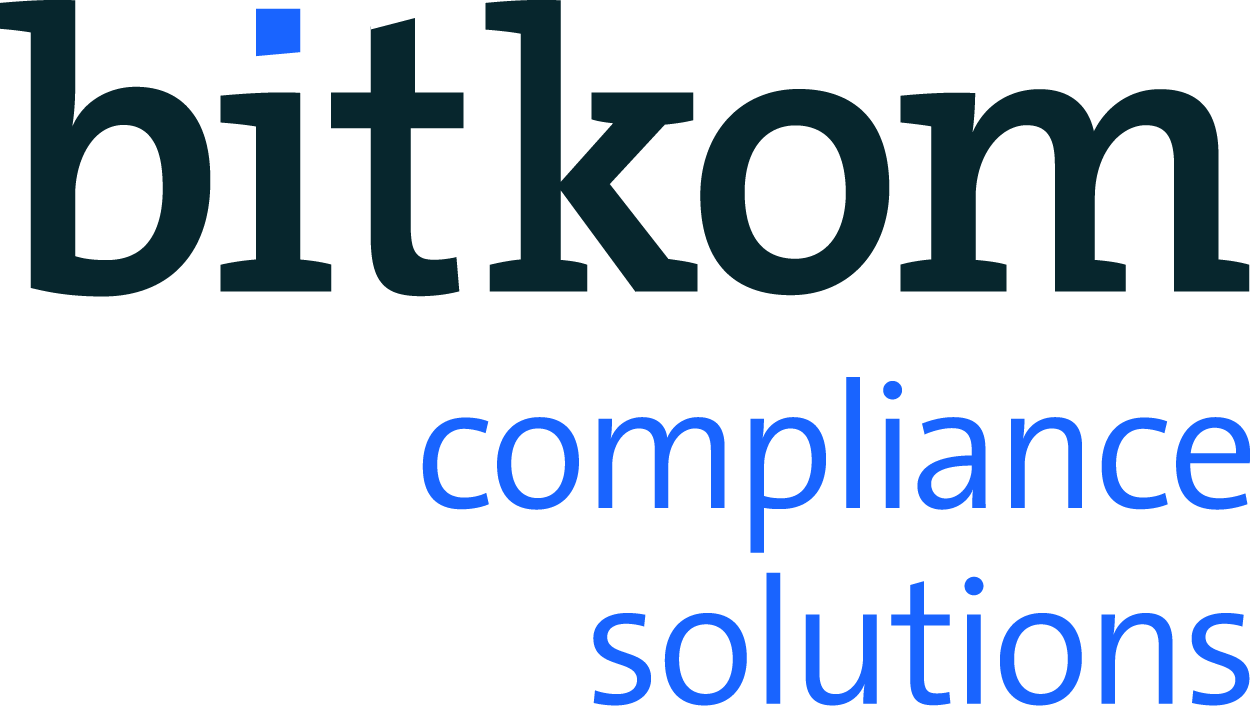Federal Cabinet Adopts NCES: Overview of Goals and Measures
With the National Circular Economy Strategy (NCES), the Federal Government establishes the central framework for transitioning to a resource-efficient and circular economy. The draft version, presented in June 2024, served as the basis for a consultation phase involving associations, civil society, and the scientific community. On December 4, 2024, the strategy was finalized and adopted by the Federal Cabinet.
The strategy aims to minimize raw material consumption, close material loops, and promote innovation in both the economy and society. It provides a long-term framework for a circular economic model that benefits the environment, people, and businesses alike.
The Guiding Principle of the NCES
At the heart of the strategy lies the guiding principle of preserving the value of raw materials and products for as long as possible while using materials as sparingly as possible. By 2045, Germany's consumption of primary raw materials is to be drastically reduced—from the current 15.5 tons per capita to 6 to 8 tons. This measure aligns with international standards and aims to respect planetary boundaries.
Three Goals of the NCES
-
Closing Material Loops (Goal 1):
The share of secondary raw materials in raw material consumption is to be doubled from 13% to 26% by 2030.
-
Enhancing Raw Material Sovereignty and Security of Supply (Goal 2):
By 2030, 25% of the demand for strategic raw materials is to be met through recycling.
-
Waste Prevention (Goal 3):
Per capita municipal waste generation is to be reduced by 10% by 2030 and by 20% by 2045 compared to 2020 levels.
To achieve the guiding principle and goals of the NCES, the Federal Government has put together a comprehensive package of measures. Key initiatives include:
-
Digitalization and Product Transparency:
The introduction of digital product passports by 2030 aims to provide transparency regarding material composition and recycling options.
-
Standards for Durable Products:
Binding requirements for repairability, reusability, and durability aim to prevent waste and facilitate recycling.
-
Recycled Content Quotas:
At the EU level, quotas for the use of secondary raw materials, such as plastics, are being advanced to replace primary materials.
-
Adaptation of Public Procurement:
Federal, state, and municipal governments are to increasingly prioritize circular products. New administrative regulations could specify and expand these requirements.
-
Promotion of Recycling Technologies:
Innovation support programs will assist companies in developing and scaling modern recycling processes.
Circular Economy as an Economic Driver
The circular economy not only provides ecological benefits but also offers significant economic potential. According to the Federation of German Industries (BDI) and Deloitte, it could increase Germany's annual gross value added by €12 billion by 2030 and create approximately 120,000 new jobs. Additionally, a circular economy reduces Germany's dependency on fragile supply chains and rising costs for raw material imports.
Federal Environment Minister Steffi Lemke stated:
"The National Circular Economy Strategy demonstrates how economic growth and environmental protection can be aligned. It is a milestone on the path to a sustainable, future-ready society."
The summary of the NCES is available here.
Contact us today to receive tailored advice and solutions in the field of circular economy and compliance. Together, we can shape your future to be resource-efficient and legally compliant.

